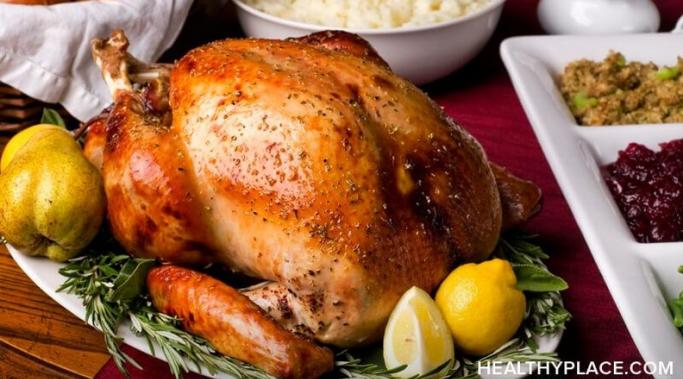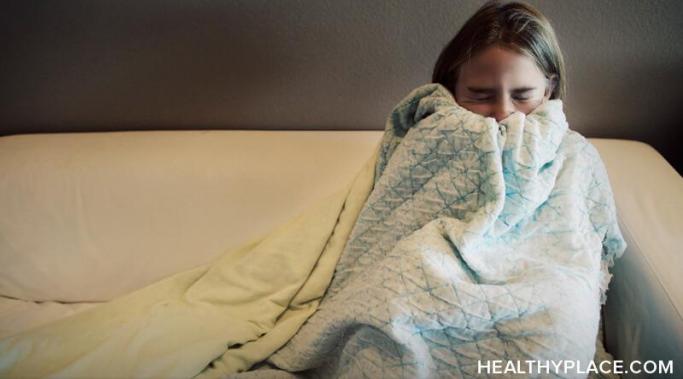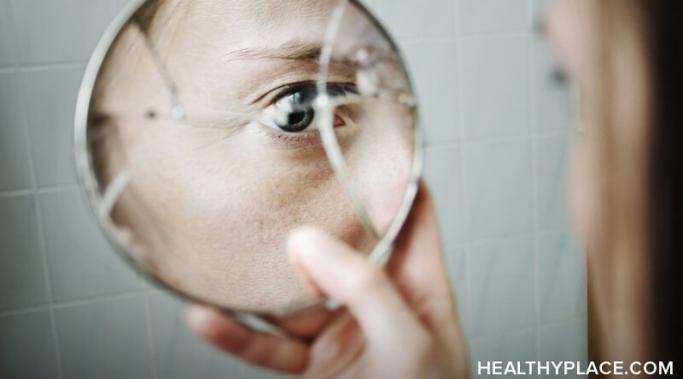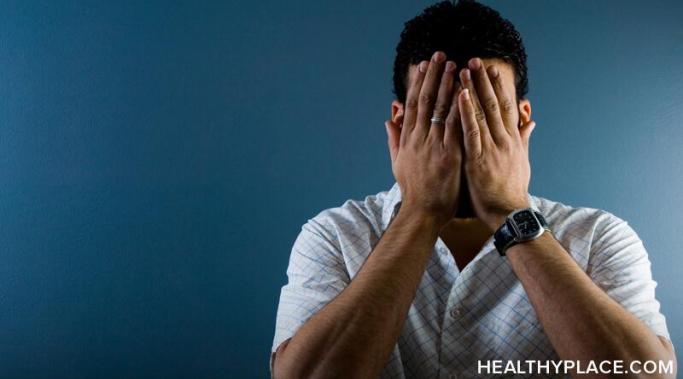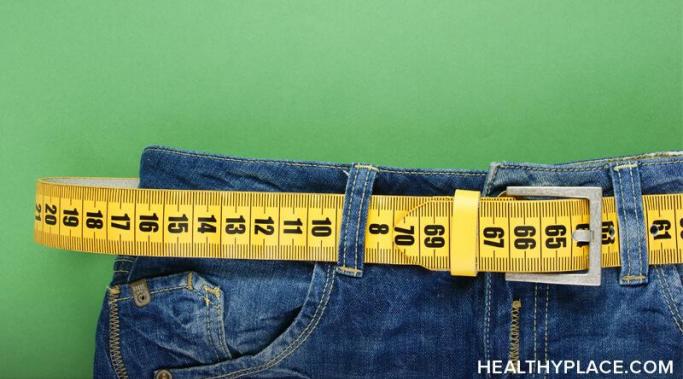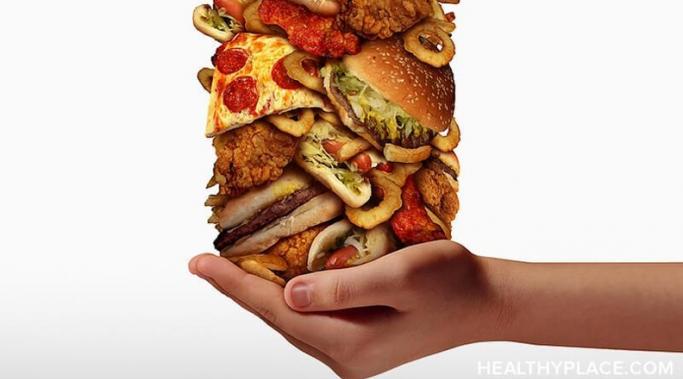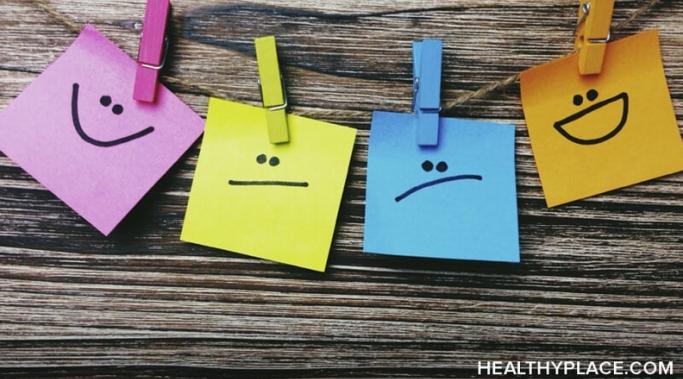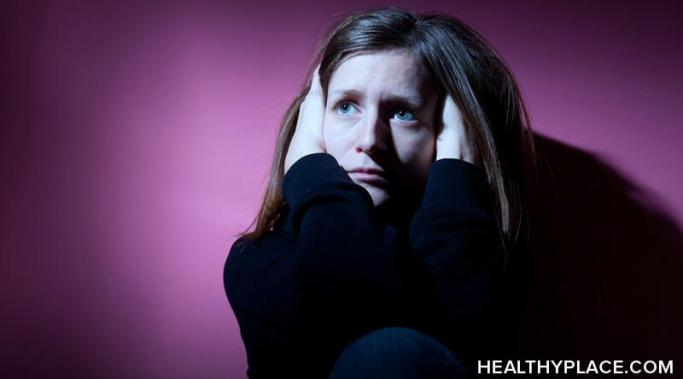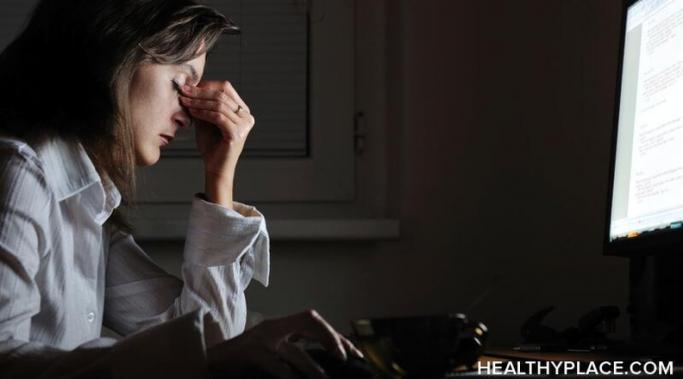Synonymous with gorging oneself on immense quantities of food and drink, for those of us in eating disorder recovery, Thanksgiving can be a stressful time. However, you don't have to suffer. There are some simple ways you can navigate Thanksgiving in eating disorder recovery, and they all involve one key strategy.
Anxiety and Eating Disorders
The year 2020 has been stressful and overwhelming across the entire globe. Between the COVID-19 pandemic, the racial injustices, the political tensions, and the economic downturn, my level of anxiety builds each time I read the news or log into social media. This information overload can exhaust my mental health, but as I continuously must remind myself: stress does not justify an eating disorder relapse.
While these past several months of social distancing have been necessary to help contain the global pandemic, this continued isolation can adversely impact mental health. That is true for conditions across the mental illness spectrum, but I am particularly concerned about eating disorders and suicidal thoughts in the climate of COVID-19. (Note: This post contains a trigger warning.)
The suicidal thoughts that plagued my mind in the throes of my eating disorder recovery were expected. I hated my body. I hated myself. I hated my life and the society in which I lived that kept telling me I was not enough. One thing I did not expect was to still feel suicidal thoughts during my eating disorder recovery. (Note: This post contains a trigger warning.)
An estimated 9.2 million adults in the U.S. live with more than one form of mental illness, and that statistic does not even count the numerous children and people across the globe who experience this reality also. Two mental health issues that can co-exist with one another are eating disorders and panic attacks, both of which can escape detection or diagnosis. While panic attacks can range in severity and escalate for a number of different reasons, many of the same fears that cause eating disorder behaviors can contribute to panic attacks as well. If your eating disorder often co-exists with panic attacks, coping mechanisms are available to you.
If you have a history of eating disorder behaviors or mindsets, then you have most likely body checked yourself, or stood in front of a mirror and scrutinized your reflection with a severe and merciless eye. Chances are, you understand how it feels to wither beneath your own cruel gaze which repeatedly dissects the size, weight, shape, and curvature of a frame that will never be adequate to you. This ritual is known as compulsive body checking, and it can worsen your eating disorder tendencies. But if that toxic pattern sounds familiar, rest assured, it is possible to break yourself of a compulsive body checking habit.
Binge eating at night is a problem for just about everyone who has the luxury of steady access to food, whether they are in eating disorder recovery or not. However, for those of us in recovery, these nighttime binges can be detrimental to our progress.
Before offering my advice, most loved of those in eating disorder recovery want to know how they can help, but understandably, people aren't always sure where to go for it. In this video, I talk about the one thing that well-meaning, but misguided, loved ones would do that has undercut my confidence in recovery.
It's normal to feel afraid in eating disorder recovery. After all, it's scary to arrive at a crossroads between the familiar identity of an eating disorder and the unknown quantity of healing. You have a choice to either remain in the destructive, yet comfortable, patterns of your illness or to embark on a new path that is rife with challenges but leads to freedom on the other side. This decision is yours alone to make, but if you choose to brave that road to health and wholeness, the question then becomes: How do you face down fears in eating disorder recovery?
I've had a home office for over a decade--long before it became a forced norm of the COVID-19 pandemic--and during this time, I noticed how working from home affected my eating disorder recovery. It wasn't a smooth road, but with a few strategies, I learned how to support my eating disorder (ED) recovery with healthy habits.
